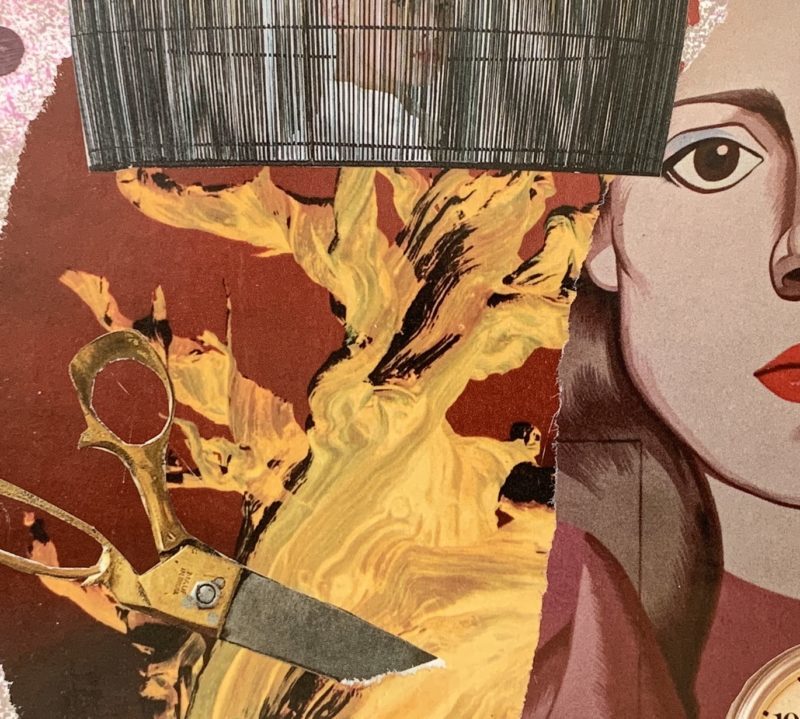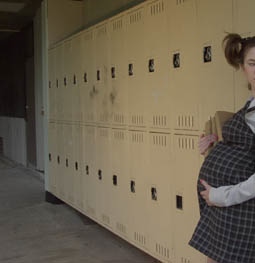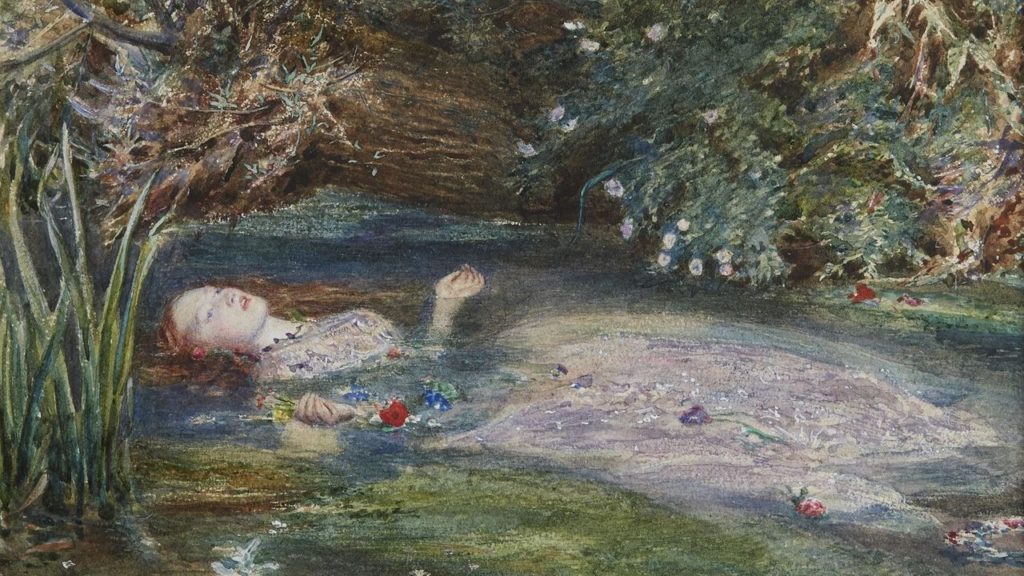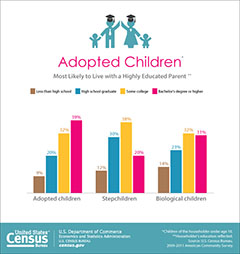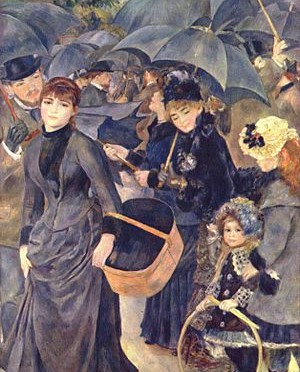
by Claude Monet
The search for my son would have been like looking for a needle in a haystack without a very big piece of luck.
Nancy Drew, girl detective
From the beginning I knew I would search for my son. I never let go of the idea that I would find him, but I had absolutely no idea how I would do it. At first I imagined myself as Nancy Drew, the girl detective who would sleuth and sleuth and finally break the case. There was very little reality to this scenario since the adoption records were sealed, and I didn’t have a single clue. Some years later I imagined that serendipity or coincidence would allow us to meet. In a way, that’s how the search for my son began.
Two young mothers
I made friends with a mother of two little girls who were about the same age as my own daughters. One day at a park playgroup when the two of us were sitting away from the rest of the mothers, she told me, with tears in her eyes, that she had gotten pregnant as a teenager. But she had given that baby up for adoption. I stammered my way through my own confession about giving up my son. She told me she was going to search for her daughter and invited me to a Concerned United Birthparents support group meeting. At one of those meetings, I met a woman who told me she had some connections. She might be able to make arrangements with someone who could find my son. To this day I have no idea who this mysterious connection was. But he/she found my son two decades after I’d given him up.
A series of coincidences
I made a new friend two thousand miles from where I’d relinquished my son. She happened to be a birthmother, and the two of us happened to connect on that day in the park. She took me to a meeting where I met someone who knew someone who knew someone who knew someone. And that someone found my son.
